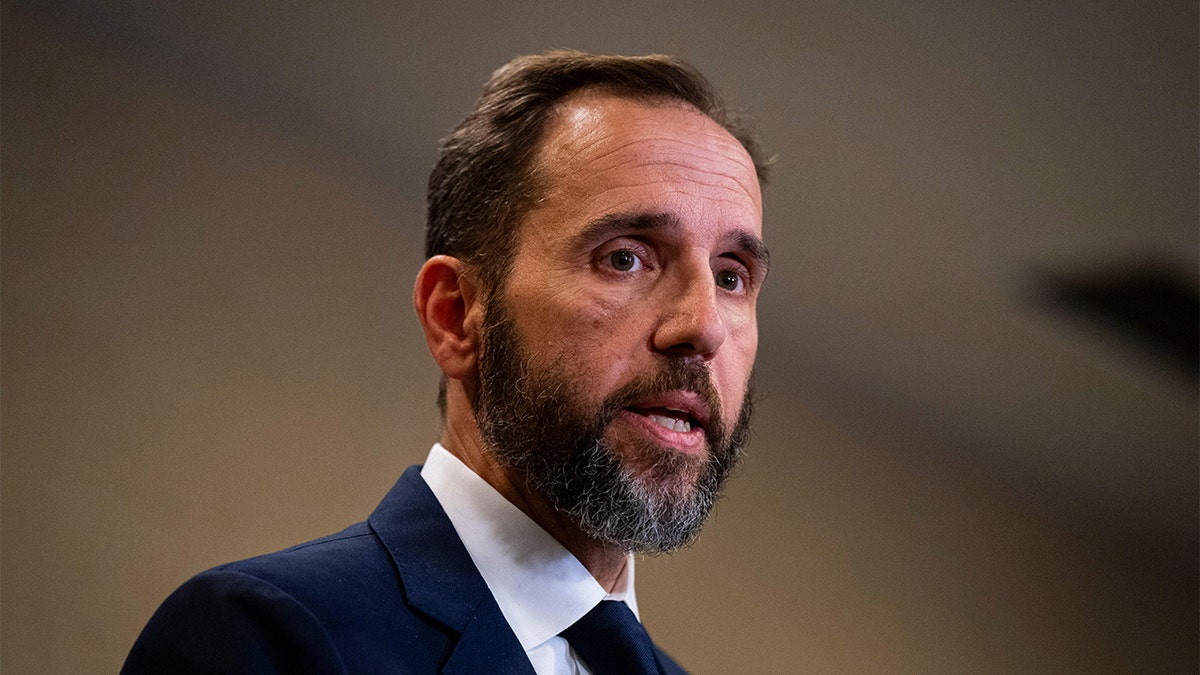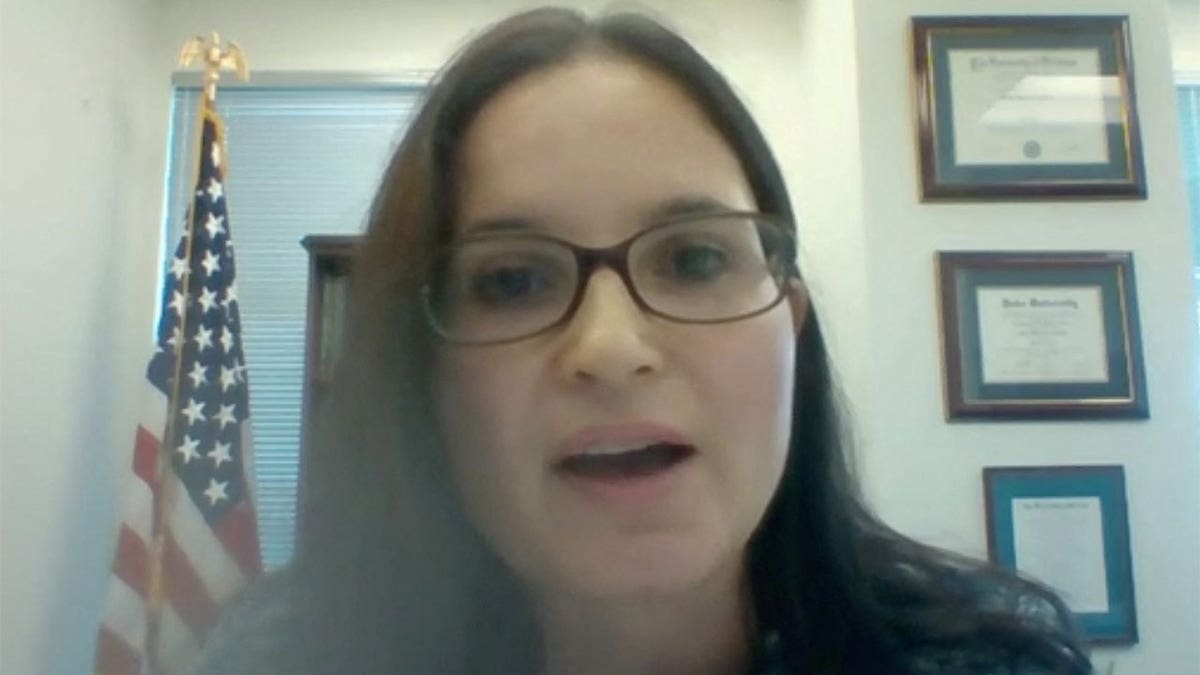The second day of hearings on motions from both the defense and prosecution in former President Trump’s classified documents case in Florida ended Monday shortly after 5:30 p.m.
Two issues were considered during the day’s hearings: Special Counsel Jack Smith’s funding for the case and its legality, and a potential added provision to Trump’s release conditions to limit some of his speech regarding the raid of his Mar-a-Lago estate.
CNN PRESIDENTIAL DEBATE: ILLEGAL IMMIGRATION LOOMS AS TOP ISSUE AMID OUTRAGE OVER 12-YEAR-OLD GIRL’S MURDER
In a hearing that began at 10 a.m. and ran for roughly an hour and 45 minutes, Trump’s defense attorney, Emil Bove, argued that Smith was being “unlawfully funded.” He claimed the funding being used by Smith’s team isn’t authorized by statute, ultimately posing a separation of powers issue. As it stands, the special counsel is operating on an allegedly infinite budget in its effort to convict the former president.
Notably, Smith was present for the Monday hearing, sitting behind where the prosecution was seated but not quite in the gallery of the courtroom.
PROSECUTORS WANT ANOTHER GAG ORDER ON TRUMP IN CLASSIFIED DOCUMENTS CASE

U.S. District Judge Aileen Cannon for the Southern District of Florida questioned Department of Justice (DOJ) prosecutor James Pearce about his argument that there are indefinite appropriations legally made available to the special counsel. Cannon prodded him over the “limitless appropriations,” to which he provided several examples of similar instances in the U.S. Code. Pearce also noted that eight other special counsels were funded in the same manner, potentially hinting that her ruling could have far-reaching implications in other matters.
Cannon further probed some of the budget reports regarding the prosecution, showing that nearly $9 million was spent on the case by the special counsel’s office and the DOJ in a matter of months between November 2022 and March 2023.
‘THE VIEW’ CO-HOSTS DEFEND CNN HOST CUTTING OFF INTERVIEW WITH TRUMP CAMPAIGN SPOKESWOMAN: ‘SO GOOD!’

Pearce made a separate argument that even if the funds are determined to be unlawful, that should not warrant the case being dismissed, as Trump’s defense has pushed for.
Later in the day, the court heard arguments both for and against what amounts to an informal and limited gag order on Trump as a modification to his release conditions.
ANTI-FREE SPEECH CULTURE IN GOVERNMENT, ACADEMIA: JONATHAN TURLEY

The government sought the speech restriction specifically as it relates to the raid on Trump’s Mar-a-Lago home after he made numerous remarks regarding the FBI agents’ sanctioned use of force during the operation. The prosecution pointed to language that described the FBI as being “locked and loaded and ready to take me out” as having the potential to endanger law enforcement.
During the second hearing, DOJ prosecutor David Harbach was rebuked by Cannon for his tone and warned to act within the court’s decorum. He argued that the speech restriction on Trump was necessary because of the connection between the former president’s statements and the actions of some supporters. He also claimed that the names of FBI agents involved in the Mar-a-Lago raid had been made public, putting them in danger.
However, when Cannon asked for the person who made the names public, Harbach did not tell her, instead saying the prosecution was aware of the person responsible. This seemed to irritate Cannon, who prompted him to ask why they wouldn’t make it public and have that person prosecuted.
Trump’s defense attorney argued during the hearing that the requested informal and limited gag order was too vague, also claiming the former president’s attacks were obviously targeting Biden and not officers of the law.
Court resumes Tuesday with a sealed hearing at 11 a.m. and an open hearing at 1 p.m.
Read the full article here











